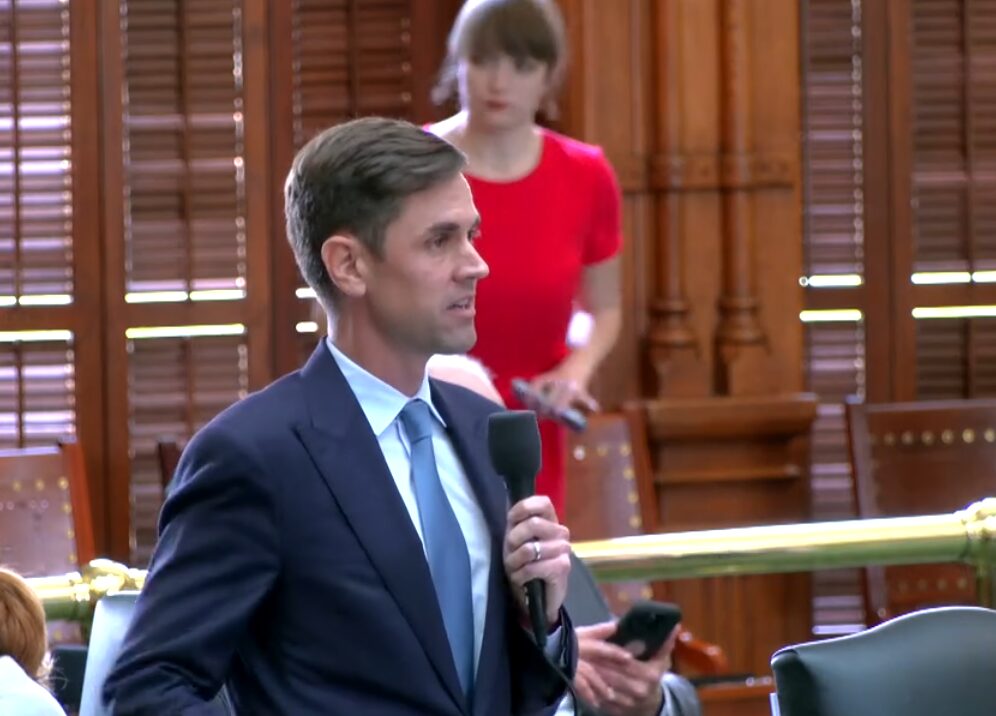Texas Senate Considers Bill to Deny Financial Aid to Undocumented Students
The Texas Senate is currently reviewing a bill that would prevent students without legal status in the United States from receiving financial support from the state to attend colleges or universities. This proposed legislation has sparked a heated debate among lawmakers, educators, and immigrant advocacy groups.
Background of the Bill
State Sen. Mayes Middleton, a Republican from Galveston, authored Senate Bill 1798, which aims to amend state law to deny in-state tuition rates and financial aid to students without legal status, including Deferred Action for Childhood Arrival (DACA) recipients. Middleton argues that these funds could be better used to support lawful residents and potentially lower tuition fees for citizens.
Current Law and Its Impact
The Texas Dream Act, passed in 2001, currently allows students without legal status to qualify for in-state tuition and financial aid. This law was enacted to provide opportunities for individuals who otherwise might not be able to afford higher education. Former Houston-area state Rep. Rick Noriega, who authored the Texas Dream Act, emphasized that the law was intended to create a "hand-up" for these students, not a subsidy.
Potential Consequences of the Bill
If passed, Senate Bill 1798 would significantly increase tuition fees for students without legal status. For example, a Houston Community College student would see their tuition rise from nearly $2,000 to over $5,000 for two semesters, while a University of Houston student would face an increase from nearly $12,000 to almost $30,000 for two semesters. This could have a devastating impact on the over 56,000 students without legal status currently enrolled in higher education in Texas.
Reactions to the Bill
Cesar Espinosa, executive director of FIEL Houston, an immigrant advocacy group, testified against the bill, sharing his personal experience of struggling to make ends meet while working multiple jobs and attending school full-time. On the other hand, Texans for Strong Borders President Chris Russo characterized the bill as a "long overdue correction" that aligns with the will of Texas voters.
Similar Legislation in Other States
Florida has already voted to cancel in-state tuition for DACA recipients, and multiple other Senate and House bills in Texas have been filed with similar language. These bills aim to restrict access to education for students without legal status, sparking concerns among immigrant communities and advocacy groups.
Conclusion
The proposed bill has significant implications for the future of education in Texas, particularly for students without legal status. While proponents argue that it is necessary to prioritize the needs of lawful residents, opponents claim that it would unfairly deny opportunities to individuals who have grown up in Texas and contribute to the state’s economy. As the Texas Senate continues to debate the bill, it is essential to consider the potential consequences and ensure that all students have access to affordable and quality education, regardless of their immigration status.




